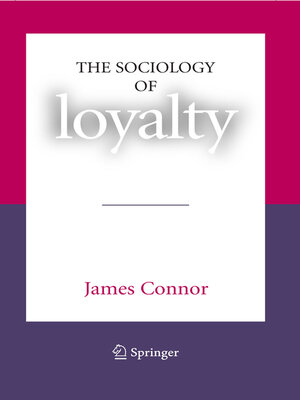
Sign up to save your library
With an OverDrive account, you can save your favorite libraries for at-a-glance information about availability. Find out more about OverDrive accounts.
Find this title in Libby, the library reading app by OverDrive.



Search for a digital library with this title
Title found at these libraries:
| Library Name | Distance |
|---|---|
| Loading... |
A well-developed appreciation of emotions is absolutely essential for sociology because no action can occur in a society without emotional involvement. Jack Barbalet (2002:2) Why we engage in what we do is a consuming passion of our existence. Motivations are searched for, discussed, lamented and sometimes even wished away. A range of labels, descriptors, markers, terms, signs and symbols are invoked to explicate the why. This is particularly the case with the cluster of e- tion terms that are employed to explain our passions. Riven with anger, driven insane by jealousy, wracked with guilt, leaden with sorrow, twitching with an- ety, tormented by angst—these all speak to the way passion and action are linked or, in other words, how our emotions sign post the world. It is intriguing that we have such a range of emotional states, feelings and passions, that have, to a large extent, gone un-theorised. This is especially the case with specific, individual emotions and their role in social life. While some of the emotions or passions have been the subject of academic inquiry and debate, such as shame (Braithwaite, 1989), love (Cancian, 1987) or trust (Misztal, 1996), one, in particular, has a curious absence: loyalty. If, as Barbalet (2002:2) posits, emotions are central to social action, then the emotions offer a window into the why and how of social interaction.







